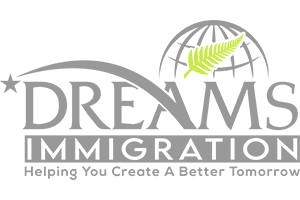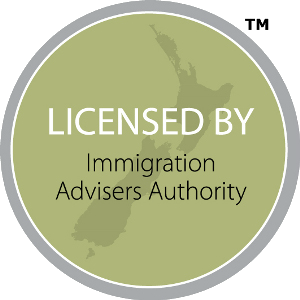Update on AEWV – Key information and statistics
Accreditation applications opened on 23 May 2022, Job Check applications opened on 20 June 2022 and work visa applications opened on 4 July 2022.
As at 3 June 2024 Immigration New Zealand (INZ) has approved 120,472 AEWV applications, and there are 35,264 accredited employers.
On 7 April 2024, changes were announced to the Accredited Employer Work Visa scheme. These include:
- Introducing an English language requirement for migrants applying for low skilled ANZSCO level 4 and 5 roles.
- A minimum skills and work experience threshold for most AEWV roles.
- For roles that fall into the ANZSCO level 4 and 5, employers will need to engage with Work and Income before approval to bring in migrants will be granted.
- Reducing the maximum continuous stay for most ANZSCO level 4 and 5 roles from 5 years to 3 years.
- Disestablishing the franchisee accreditation category and for these businesses to apply to bring in workers from overseas through the standard, high-volume, or triangular employment accreditation.


